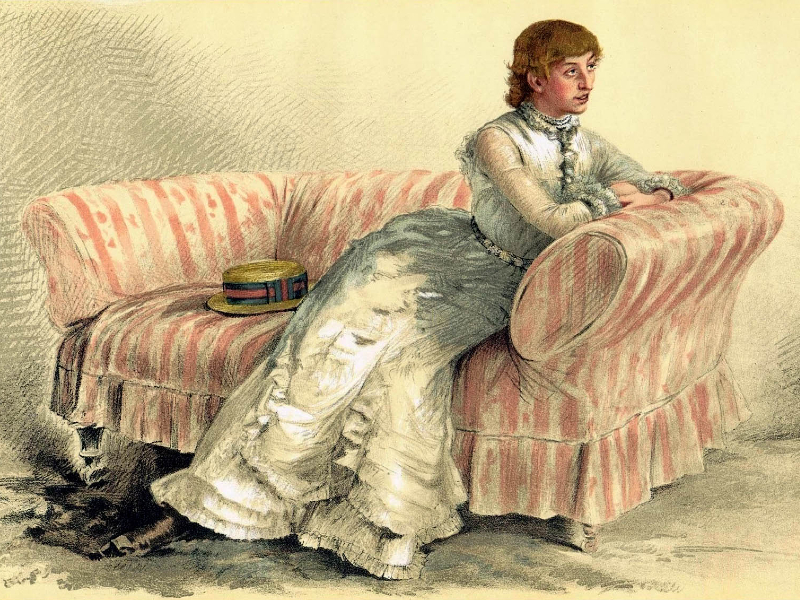
If you are new to humanist history, why not start with reading about some of these people:
Felix Adler (1851–1933), philosopher, reformer, and founder of the first ethical society.
Lady Florence Dixie (1855–1905), journalist and explorer who championed freedom of belief.
Gora (1902–1975), Indian humanist who campaigned for human rights and social welfare.
Jennie Lee (1904–1988), politician and humanist who pioneered the Open University.